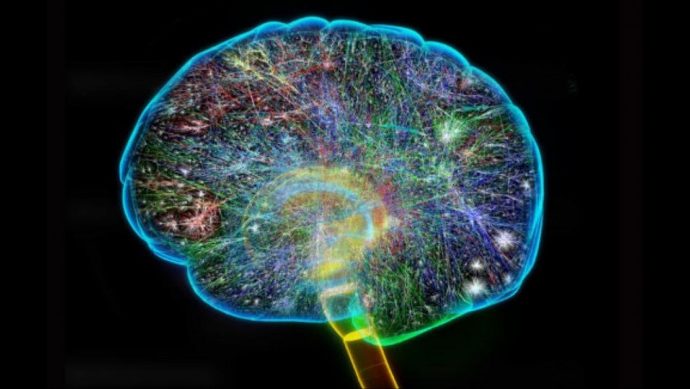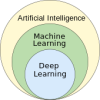Scientists think that quantum physics and human psychology belong hand in hand to explain human behavior.
Source: Interesting Engineering
If humans are so smart, why do we make such stupid choices sometimes? This is what scientists from the University of Science and Technology of China decided to answer, by using quantum physics.
Human psychology and quantum mechanics may seem as far-related to each other as possible, but, some scientists think they may be more interlinked than we know. For instance, both disciplines aim to predict how unruly systems will act in the future.
The study was published in the journal Nature Human Behaviour on January 20th.
Not all humans operate as expected
Classic theories of human behavior in decision-making work on predicting what choice a person will make based on certain parameters. However, many people do not operate as expected, such as addicts — from nicotine to drugs.
This is where certain researchers believe quantum physics can come in and help predict these unexpected human behaviors. Biophysicist and neuroscientist at the University of Science and Technology of China in Hefei, Xiaochu Zhang, stated this “can be well explained by quantum probability theory.”
Zhang and his colleagues looked into how concepts from quantum mechanics may help psychologists predict human decision-making.
Great, now how did the team accomplish that?
They recorded what decisions people made in a well-known psychology task — the Iowa Gambling Task — while monitoring the participants’ brain activity. In doing so, the researchers discovered that certain parts of the brain that may process information in a quantum-like manner were being used.
It turns out that healthy participants’ — those who don’t smoke, have any addictions, or have not suffered brain damage, for instance — frontal lobe section of the brain, a part that’s known for assisting in decision-making, lit up during the tests. On the other hand, the smoker group’s scans showed no hotspots of brain activity linked to predictions through quantum mechanics.
The researchers noted that the scans of those who smoked illustrated decision-making impairments. That said, further research is “warranted,” as the researchers said themselves, before assessing whether or not smokers and non-smokers’ brain activity is truly different.
Perhaps, quantum mechanics and human psychology are more linked than what was previously believed after all.
Source: Interesting Engineering

































Leave a Comment
You must be logged in to post a comment.